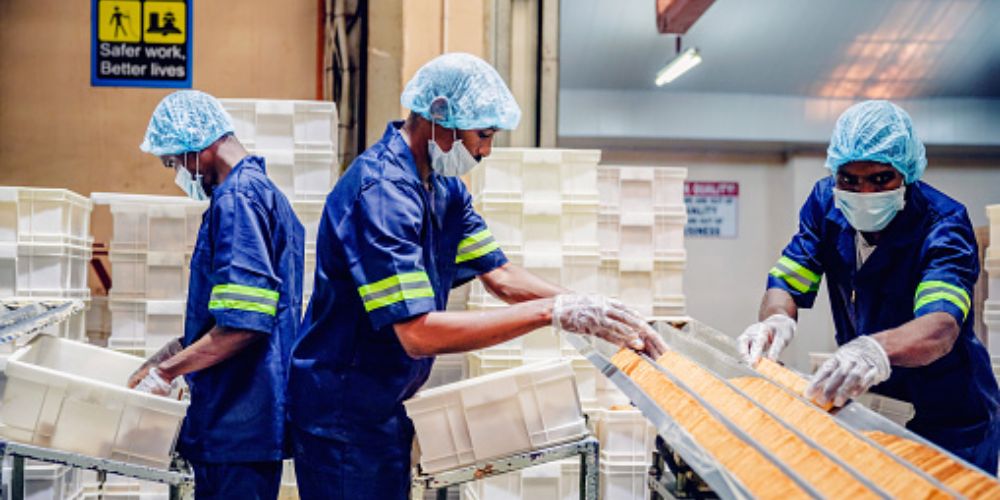Despite signs of optimism in Nigeria’s broader economy, manufacturers continue to express deep concerns over key structural challenges stifling growth in the sector.
According to the Central Bank of Nigeria’s (CBN) March 2025 Business Expectation Survey (BES), businesses across industry, agriculture, and services are projecting steady expansion over the coming months. The overall business confidence index is forecast to rise from 31.7% in March to 48.3% by September 2025, driven in part by expectations of exchange rate stability.
However, confidence within the manufacturing sector remains low, especially when compared to other sectors like construction and agriculture.


“The positive confidence index reflects firms’ optimism about the overall macroeconomic outlook, largely due to improved sentiment around exchange rate management,” the CBN stated.
Sector Breakdown: Manufacturing Trails in Confidence and Job Prospects
While the construction sector leads with a confidence level of 36.4%, followed by mining (21.7%), non-market services (20.2%), and agriculture (17%), manufacturing lags behind with a meager 14.6% confidence level.
In terms of employment prospects for April 2025:
- Construction leads with 29.1%
- Manufacturing records one of the lowest, at 14.8%
For business expansion:
- Agriculture tops with 73.2%
- Manufacturing again lags, with only 52%


Key Constraints Hindering Manufacturing Growth
The report identifies seven major challenges affecting businesses, particularly manufacturers, between now and June 2025:
- High interest rates – 75.3% of respondents
- Poor electricity supply – 73.8%
- High taxes – 73.3%
- Insecurity – 73.2%
- Financial difficulties – 68.3%
- High operating charges – 67.6%
These constraints are compounding pressures on manufacturers and discouraging expansion and investment in the sector.
MAN Raises Alarm Over Hostile Business Environment
The Manufacturers Association of Nigeria (MAN) continues to raise concerns about the tough economic conditions threatening the sector’s viability.
“The continuous hikes in the Monetary Policy Rate (MPR) have worsened access to finance for manufacturers,” MAN stated in its recent publication, ‘MAN Position on the Incessant Increase in Interest Rate’.

According to the association:
- The average maximum lending rate charged by commercial banks rose sharply to 35% in Q2 2024, up from 28.6% in Q1 2024.
- This spike has increased production costs, worsened inflationary pressures, and put jobs at risk.
Manufacturers are now calling on the federal government to introduce targeted fiscal and monetary interventions to create a more enabling environment—especially by addressing power supply, interest rate hikes, and insecurity, which remain major barriers to growth.




